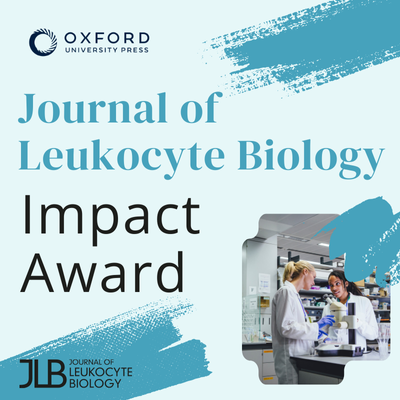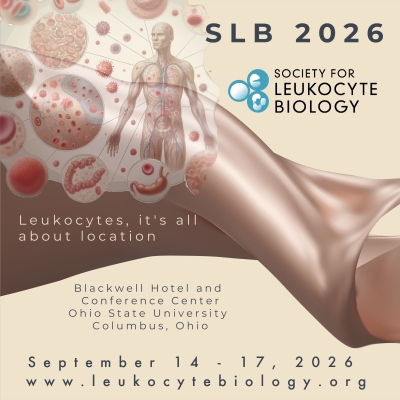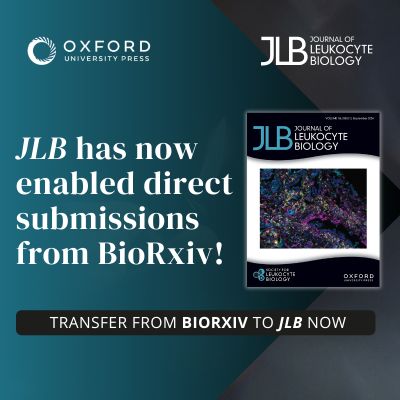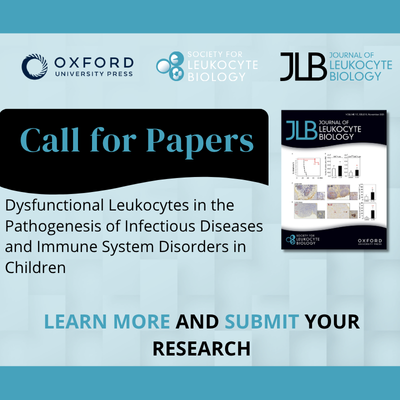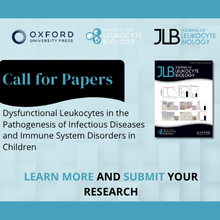2021 Abstract AwardeesAbstract Spotlight Awards
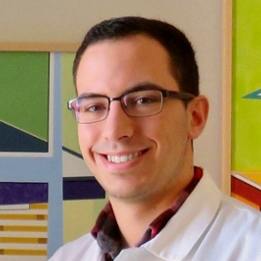 Blake Bertrand Blake BertrandBlake P. Bertrand is a 4th year Ph.D. student in Dr. Tammy Kielian’s laboratory at the University of Nebraska Medical Center. Blake’s research focuses on determining the fate of myeloid-derived suppressor cells (MDSCs) during S. aureus biofilm infection. His project uses an adoptive transfer technique to track the fate of these cells during a mouse model of prosthetic joint infection. Further insight into the mechanisms preventing the differentiation of MDSCs may reveal targetable pathways for therapeutics. 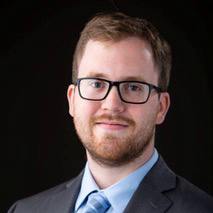 Christopher Horn Christopher HornChristopher Horn is currently a third-year doctoral student with the Kielian laboratory at the University of Nebraska Medical Center. Before starting his studies under the mentorship of Tammy Kielian, he received his BS and MS degrees from the University of Nebraska at Omaha where he studied viral RNA structure under the guidance of William Tapprich. He current work is centered around defining the link between myeloid-derived suppressor cell metabolism and their characteristic suppressive function. 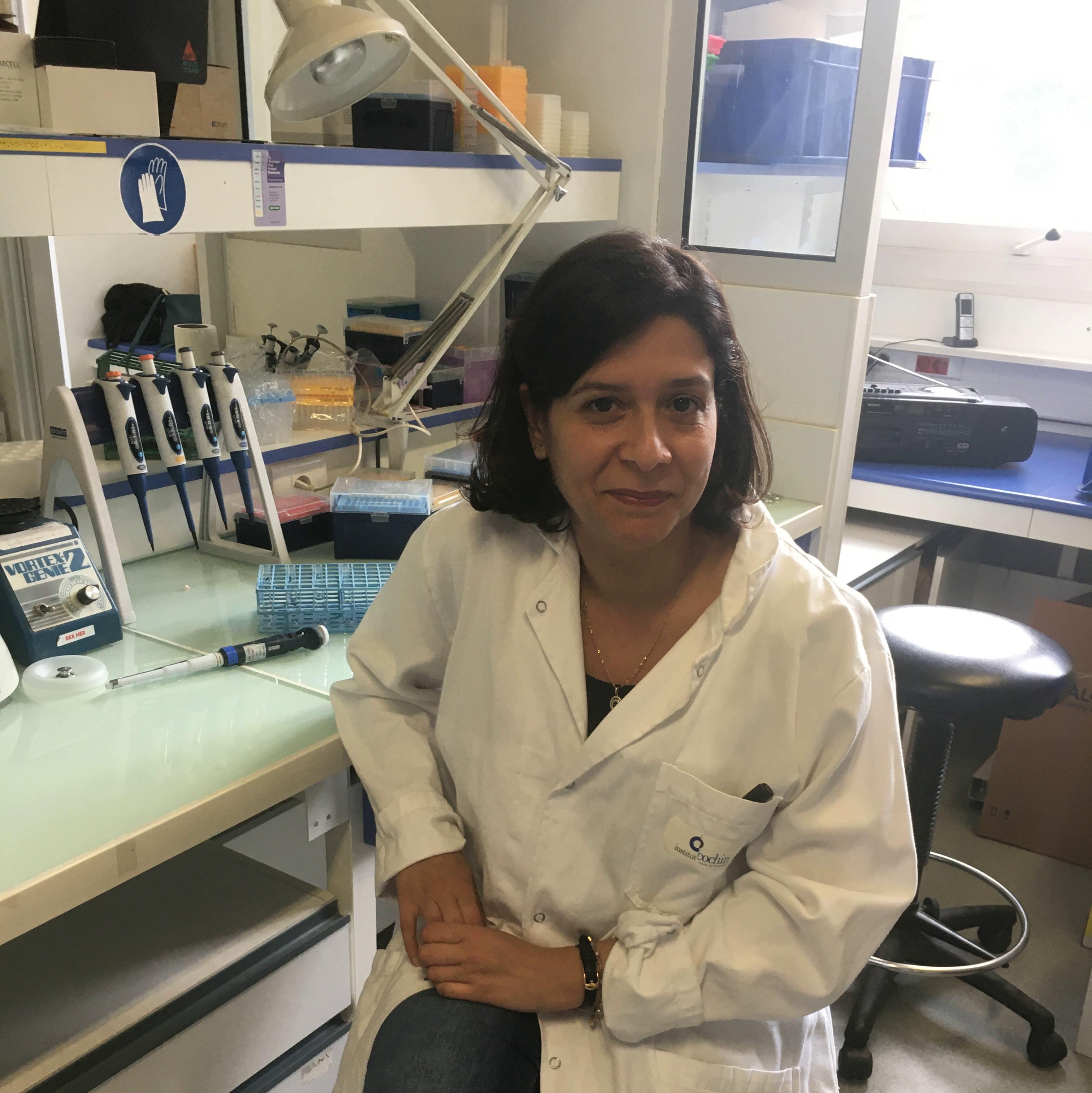 Maha Ladjemi
Maha Zohra Ladjemi is a post-doctoral researcher at Cochin Institute in Paris. She received a European Respiratory society / Marie-Curie joint fellowship to perform her first post-doc at UCL in Brussels. During her post-doctoral fellowships in Brussels and then in Paris, she has been working on lung defense in chronic and acute pulmonary diseases with a main focus on epithelial alterations and IgA responses. More recently, her work in collaboration with Pr. Frédéric Pène (Institut Cochin, Paris) and Pr. Vassili Soumelis (HIPI lab Saint Louis, Paris) uncovered specific multi-process defects in antiviral immune defence in antigen-presenting cells from critically ill patients with severe SARSCoV-2 pneumonia.
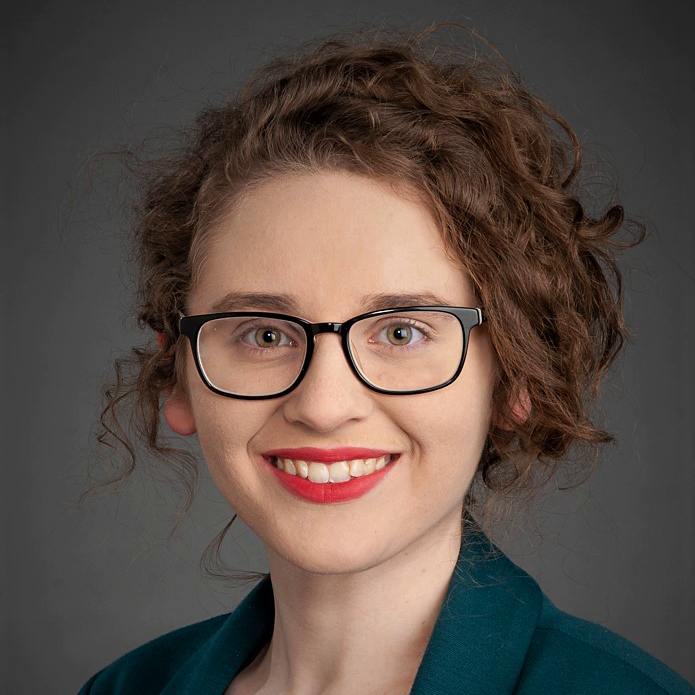 Allison Meyers Allison MeyersAllison Meyers is a Wake Forest Ph.D. candidate starting her 5th year. She graduated with a Bachelor of Science in Biochemistry and Molecular Biology from Loyola University Maryland in 2017, and since starting at Wake Forest, has earned a certificate in Global Health from the Wake Forest Office of Global Health. In the lab of Dr. Xuewei Zhu, her project is to understand the metabolic regulation of mitochondria and the NLRP3 inflammasome in septic macrophages. Following completion of her Ph.D., Allison aspires to work in science policy, helping to form scientifically informed legislation aimed at improving global health. 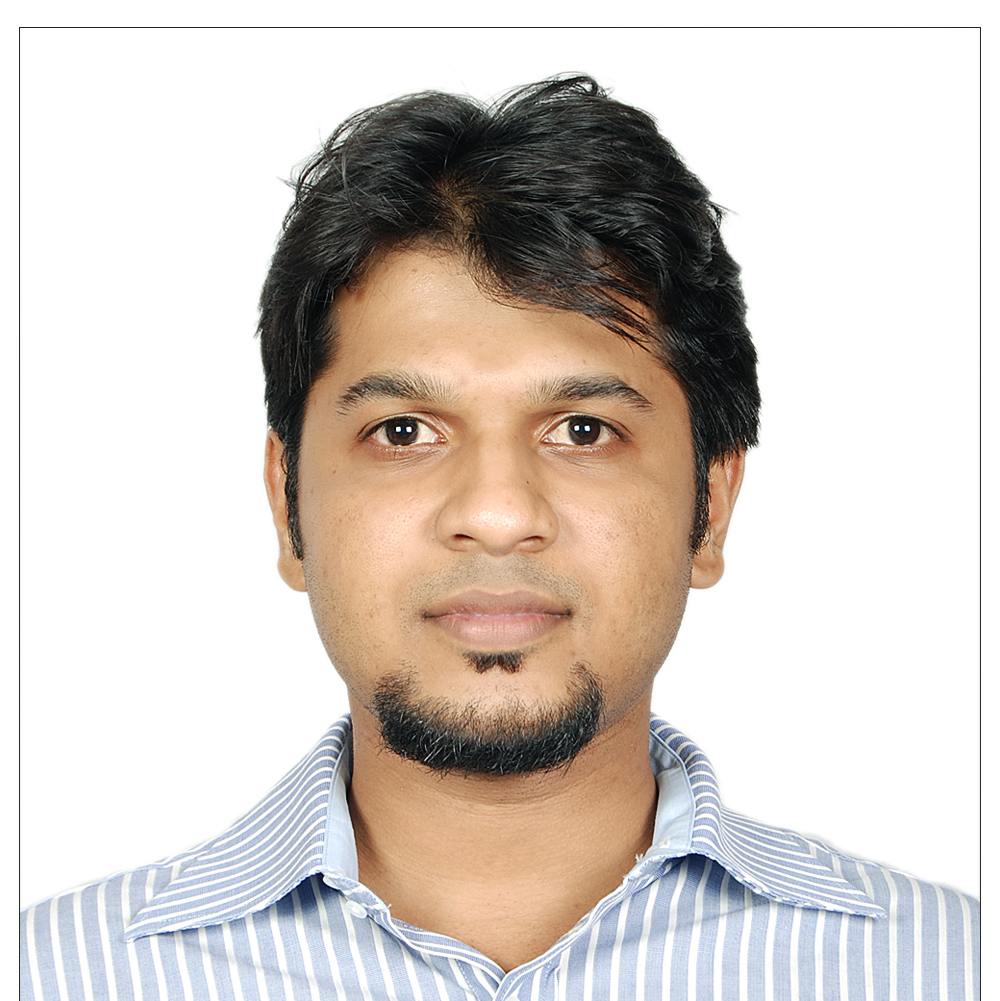 Suhas Sureshchandra Suhas SureshchandraSuhas Sureshchandra is a postdoctoral fellow at University of California Irvine. Supervised by Dr. Messaoudi, he is interested in elucidating genetic and epigenetic underpinnings of cellular and phenotypic variability in monocytes and macrophages in response to environmental cues such as obesity and alcohol consumption. Previously, Suhas worked as a Senior Research Associate at the Medical College of Georgia, and has an engineering degree in Biotechnology from India and a master’s degree in Bioinformatics from Indiana University Bloomington. His PhD thesis focused on using systems approaches to dissect epigenetic mechanisms that maternal obesity associated reprogramming in fetal immune cells.
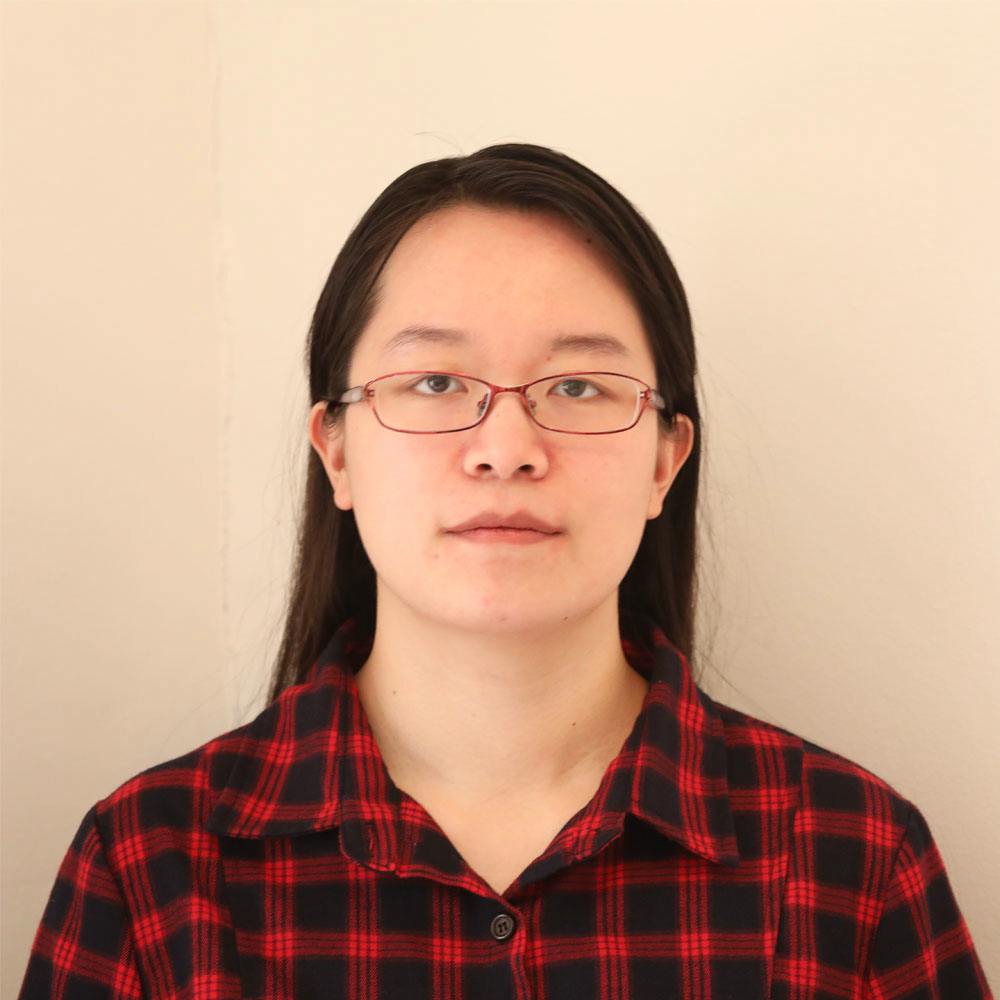 Ruoxi Yuan Ruoxi YuanRuoxi Yuan received her Ph.D. in immunology from Virginia Tech in 2016. She has a solid background in molecular biology and immunology. As a Postdoctoral researcher in Professor Lionel Ivashkiv’s lab, her research interests includes epigenetic and transcriptional regulation of monocyte and macrophage phenotypes under the stimulation of different cytokines. She is currently focusing on the crosstalk between different cytokine signaling pathways and its effects on monocytes and macrophages in wound healing process as well as disease pathogenesis.
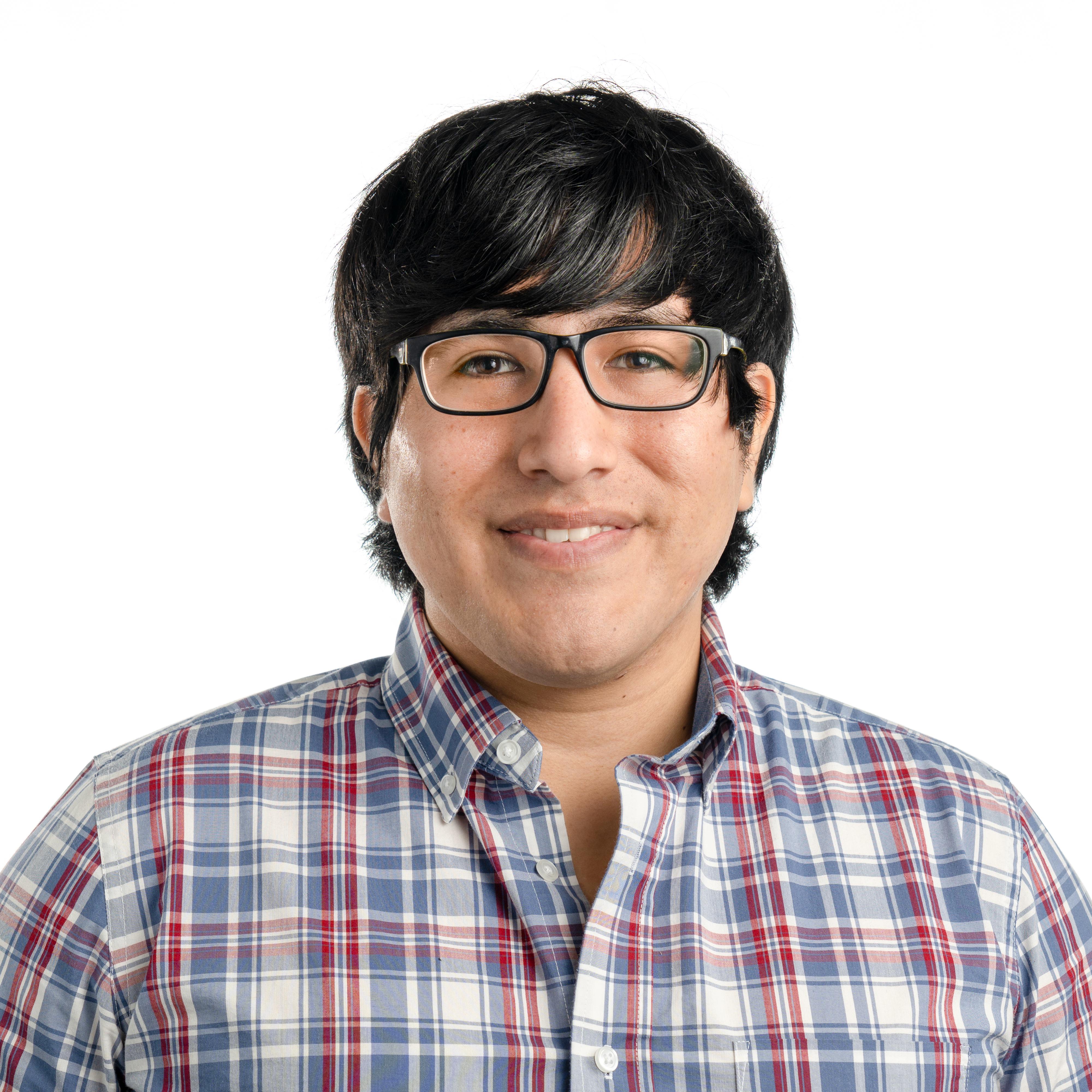
Daniel Zegarra Ruiz
Research Associate at Memorial Sloan Kettering Cancer Center investigating host-microbe interactions and their effects in cancer and autoimmunity. I received my Ph.D. in Immunobiology from Yale University and I was born and raised in Lima-Peru, where I obtained my B.S. in Pharmacy and Biochemistry. I have always been captivated by the elegance of our immune system and decided to expand my scientific knowledge at Vanderbilt University as a research intern and later at Yale University as a graduate student where I studied the crosstalk between diet, gut microbiota, and autoimmunity.
Abstract Merit Finalists
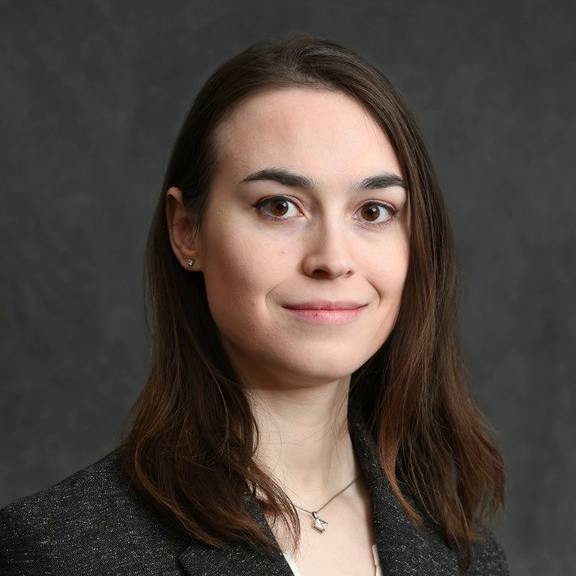 Natalie Anselmi Natalie AnselmiNatalie completed a B.S. in Cell and Molecular Biology at SUNY Binghamton in May of 2018 where she studied the formation of persister cells in biofilms under Dr. Claudia Marques. In August of 2018 she joined the PhD Program in Biomedical Sciences (PPBS) at the University at Buffalo and in 2019 matriculated to the lab of Dr. Michelle Visser in the Department of Oral Biology. For her thesis project Natalie is studying how neutrophils respond to oral pathogens and how those pathogens alter neutrophil responses to promote survival. More recently, Natalie has also received an individual F31 fellowship from NIH entitled “Outer Membrane Proteins of Pathogenic Oral Treponemes Inhibit Actin Rearrangement and Antimicrobial Functions of Neutrophils”. 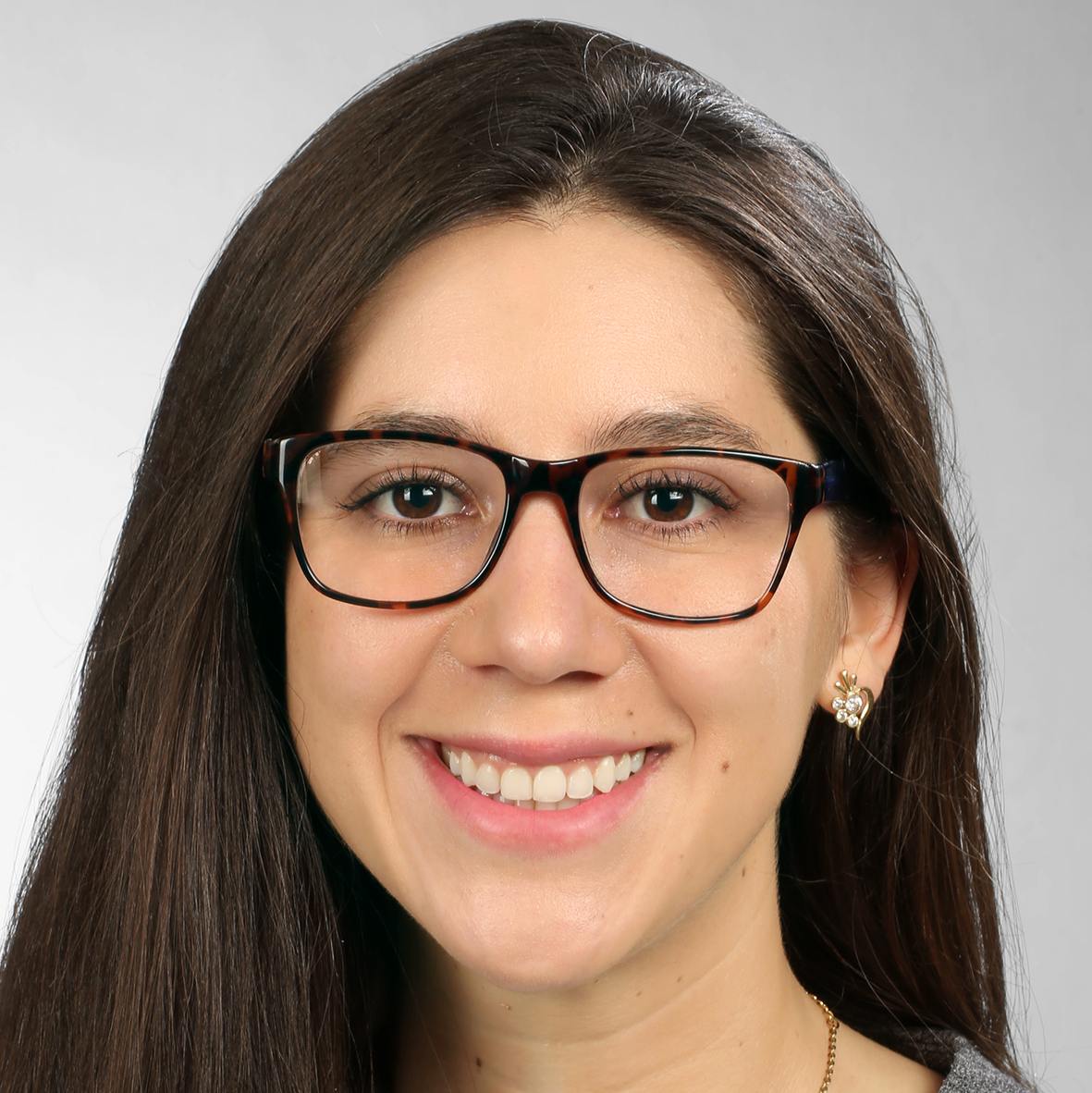 Lina Silva Bermudez Lina Silva BermudezLina Susana is a Medical Doctor passionate about integrating research into clinical practice. After completing her medical studies at Universidad de los Andes, Colombia, Lina continued her academic career at the Medical Faculty Mannheim from Heidelberg University, Germany, where she obtained a M.Sc. Translational Medical Research. Her undergraduate project, at Prof. Kzhyshkowska’s lab, focused on the effect of titanium nanoparticles on healing functions of macrophages. She is completing her doctoral studies with emphasis on scavenging and pro-fibrotic activities of macrophages, while working as a Transfusion medicine and Immunology Resident at the Institute of Transfusion Medicine and Immunology. 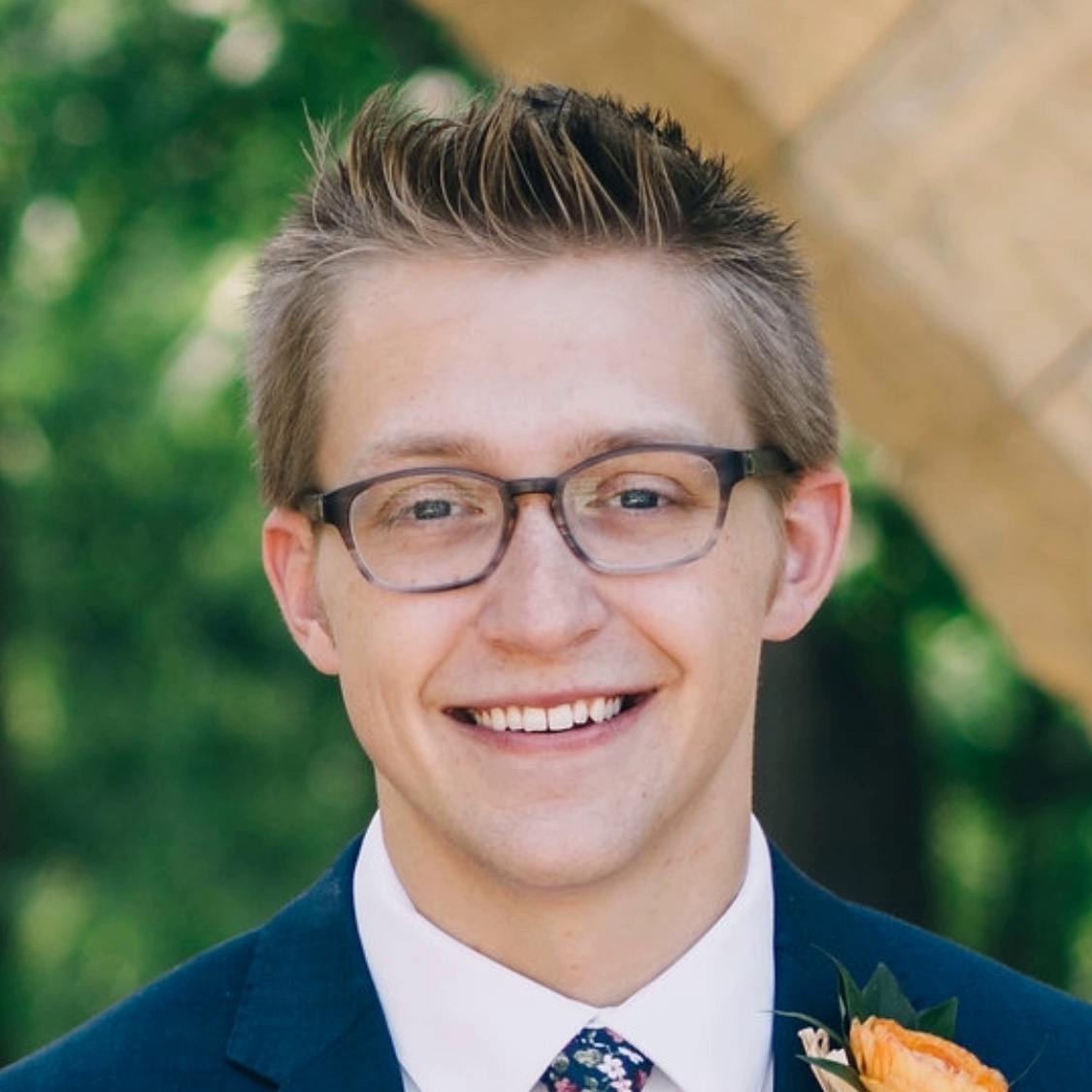 Dana Bohan Dana BohanDana Bohan is a 5th year PhD Candidate at the University of Iowa, pursuing a degree within the Immunology Graduate Program. His research focuses on SARS-CoV-2 and Ebola virus entry factors, and the mechanisms that underpin these processes. He has experience with animal models of Ebola virus and SARS-CoV-2 infection, BSL3 qualifications, and is proficient in R. Throughout his graduate studies he has collaborated with international and corporate partners and has participated extensively within his graduate program, serving on the weekly seminar committee and helping host recruitment weekends for his program.
Banndith Cheat University of Paris
Anugraha Gandhirajan Cleveland Clinic
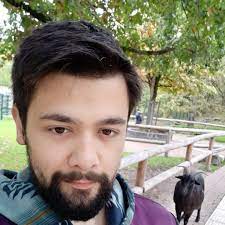 Antonio Hrvat Antonio HrvatAntonio Hrvat is a second-year Ph.D. student working in the interdisciplinary field of immuno-oncology and nanobiotechnology. His focus is on application of functionalized calcium phosphate nanoparticles for enhancement of NK anti-tumoral activity and exploration of nanoparticle interaction with NK cells and ovarian cancer cells. In this tumor entity, particular attention is placed on dissecting immunosuppressive mechanisms of ovarian cancer ascites on NK cells, which is the cause of immunotherapy failure. Both of the projects are done at the University Hospital Essen in the department for otorhinolaryngology under supervision of Prof. Dr. rer. nat. Sven Brandau and Dr. med. Nina Mallmann-Gottschalk. 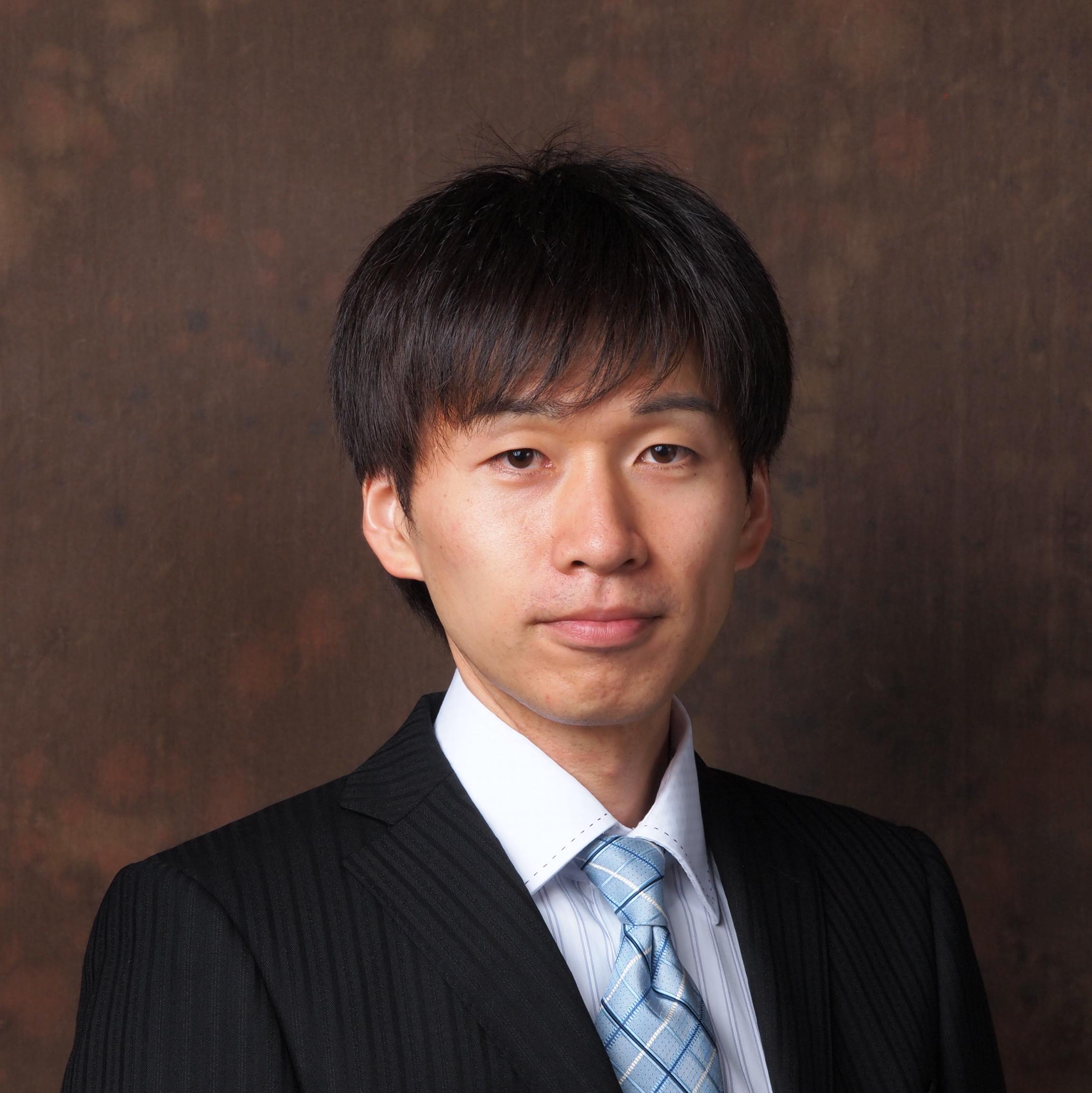 Minoru Inoue Minoru InoueMinoru Inoue currently works as an assistant professor in the department of Radiation Oncology and Image-applied Therapy at Kyoto University Graduate School of Medicine. He received his M.D. degree from Hamamatsu University School of Medicine and received his Ph.D. in Medicine from Kyoto University. After graduation, he worked as a post-doctoral fellow at Princess Margaret Cancer Centre, University Health Network, University of Toronto. He has 10+ years of experience in areas including clinical radiation oncology, radiation biology, redox biology, and neutrophil biology.
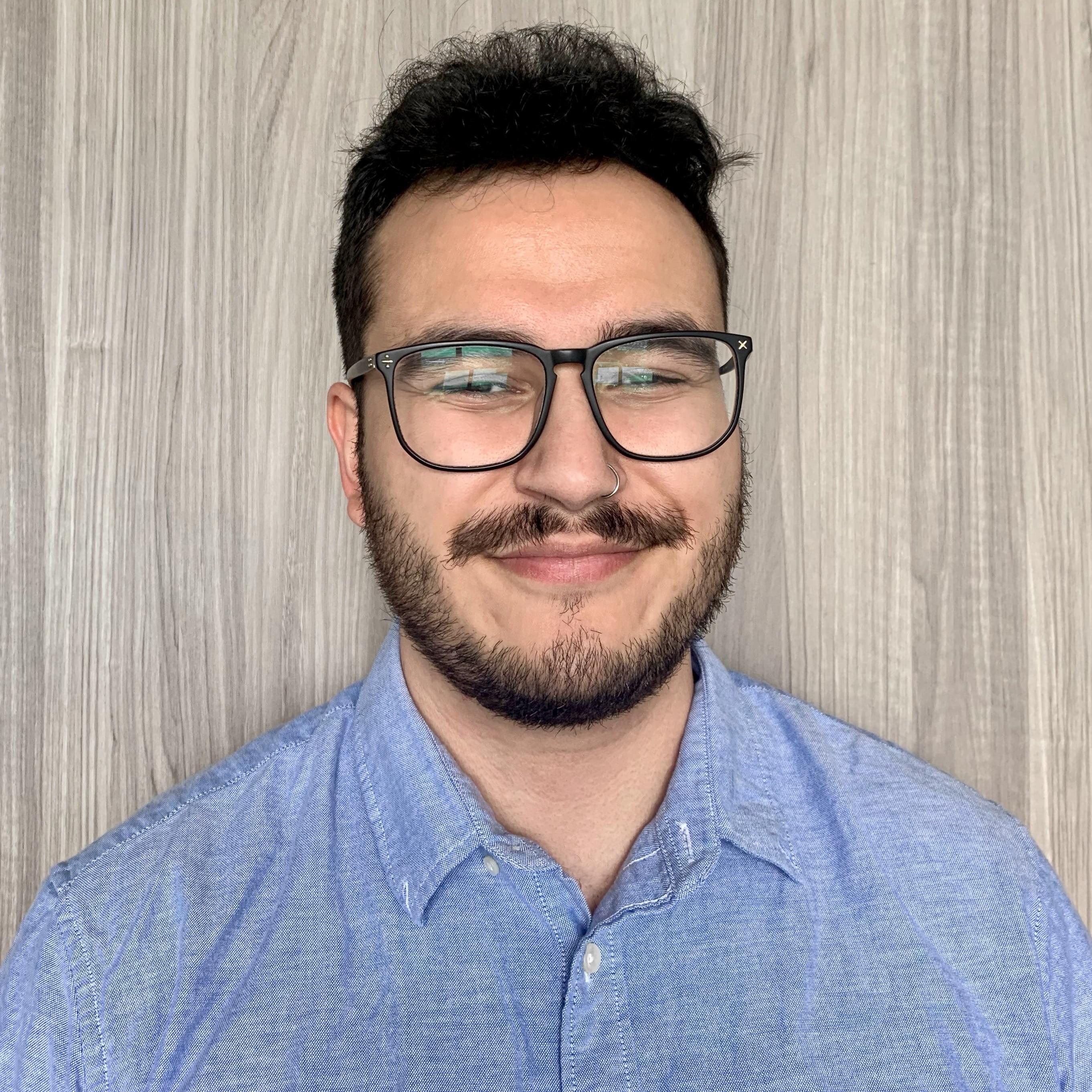 Matthew Luzentales-Simpson Matthew Luzentales-SimpsonMatthew is a Master’s student, in the Department of Experimental Medicine at the University of British Columbia. Born and raised in Calgary, AB, Matthew received his BSc (Honours) in Immunology & Infection from the University of Alberta, where he completed an undergraduate research thesis, and developed a passion for student advocacy. Matthew prides himself on being teachable and has been fortunate enough to be involved in two publications to date. His current research, supervised by Dr. Laura Sly, focuses on determining the efficacy of novel corticosteroid-delivery mechanisms to treat inflammatory bowel diseases.
 Lalita Mazgaeen Lalita MazgaeenFor as long as I could remember, I have wanted to be a researcher. I enjoy being able to design and perform experiments independently. I am enthusiastic and meticulous at my work. During my undergraduate, I got opportunity to directly work with diabetic patients in the hospital in Nepal. To pursue higher education, I travelled to United states and worked with RNAi technology during my Masters. As a graduate student I have been working on different aspects of inflammation. I am hardworking and I enjoy working in lab and mentoring students on various aspects of research in our lab.
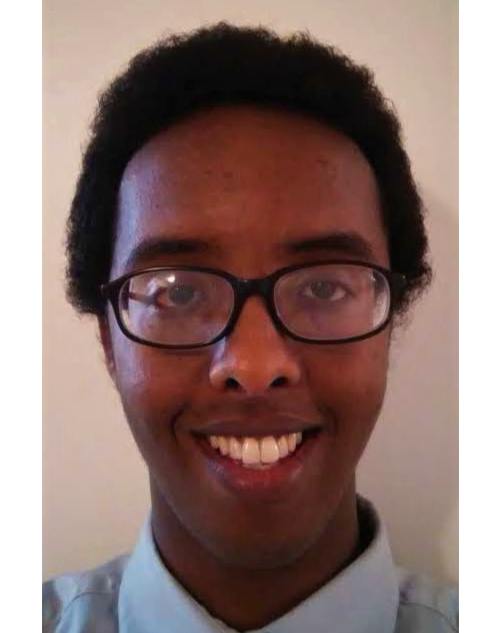 Mohamed Mire Mohamed MireMy educational aspirations and drive to pursue a career in the scientific community began to manifest late in my high school tenure, right around the time I started to overcome the language barrier. Growing up in Somalia, my schooling did not provide any exposure to science-based subjects or programs. This all changed when we settled in the US and began watching PBS programs like NOVA and Nature. As the eldest of an immigrant family of 11, I have been fighting through obstacles and barriers all my life, and my mentors have been critically helpful resources in my doing so.
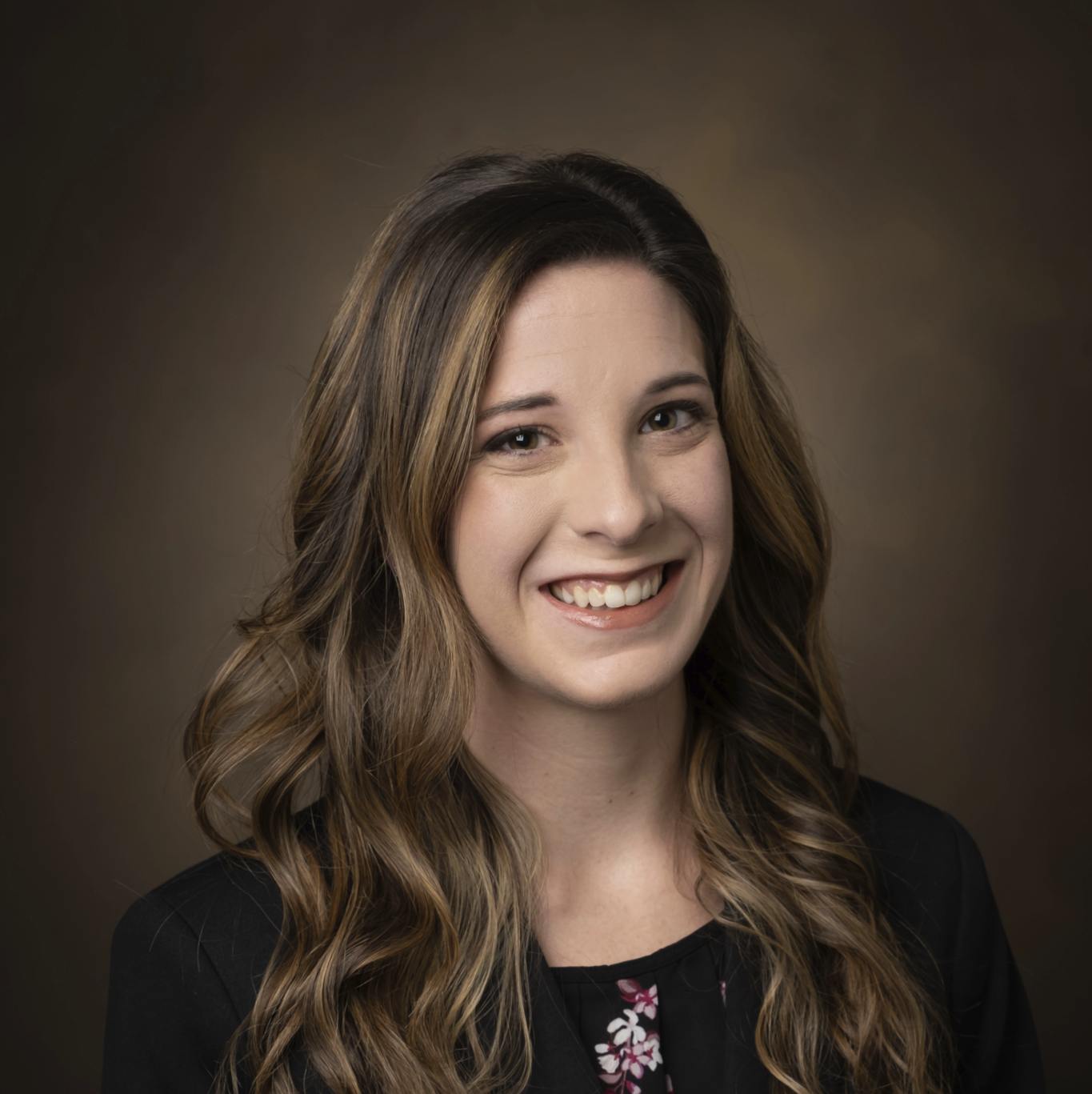 Allison Owens Allison OwensDr. Owen completed her Ph.D. in 2017 with a concentration in Physiology at the University of Kentucky. Her doctoral work was aimed at investigating underlying mechanisms of long-term skeletal muscle weakness in middle-aged murine sepsis survivors. She transitioned to Dr. Bohannon's lab at Vanderbilt University Medical Center in 2019 to expand her training in the field of Immunology. Dr. Owen's current studies seek to define the intracellular signaling pathways by which TLR agonists mediate host resistance to infection. Allison is currently a trainee in the Immunological Mechanisms of Disease Training Program (T32).
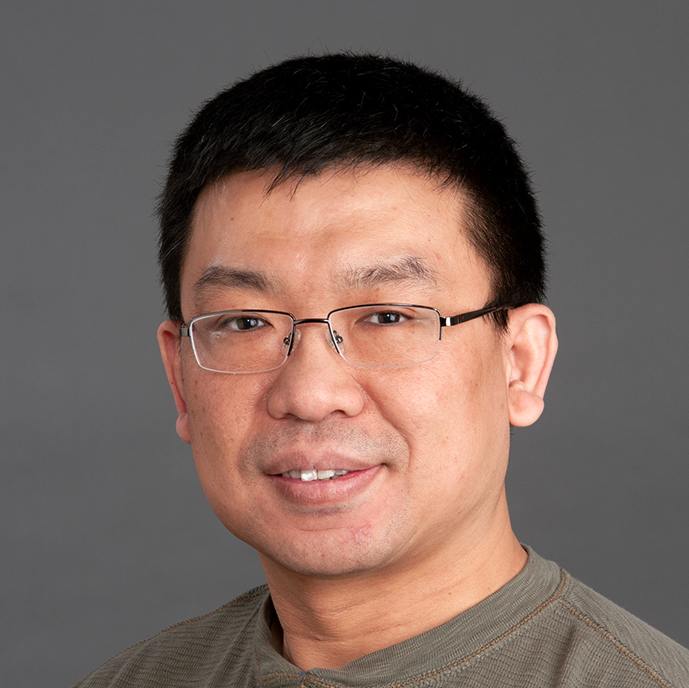 Zhan Wang Zhan WangDr. Zhan Wang is a Research Associate of Internal Medicine-Section on Molecular Medicine at Wake Forest School of Medicine. Dr. Wang’s research interest is to understand the molecular mechanisms underlying immunometabolic reprogramming of macrophages in acute and chronic inflammation diseases. He is particularly interested in exploring mitochondrial metabolic reprogramming and homeostasis in macrophage and cardiomyocytes using multi-disciplinary approaches, including multi-omics and 3D bio-printing.
|

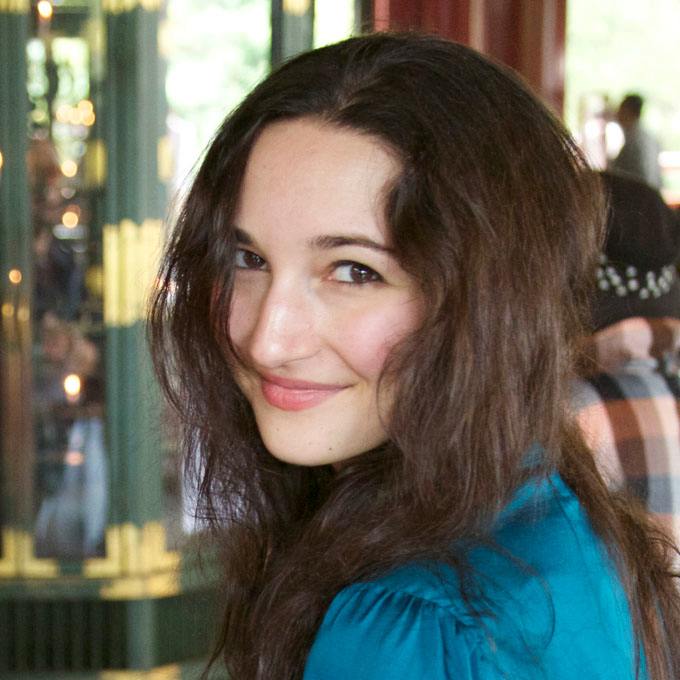 Hadley Witt
Hadley Witt